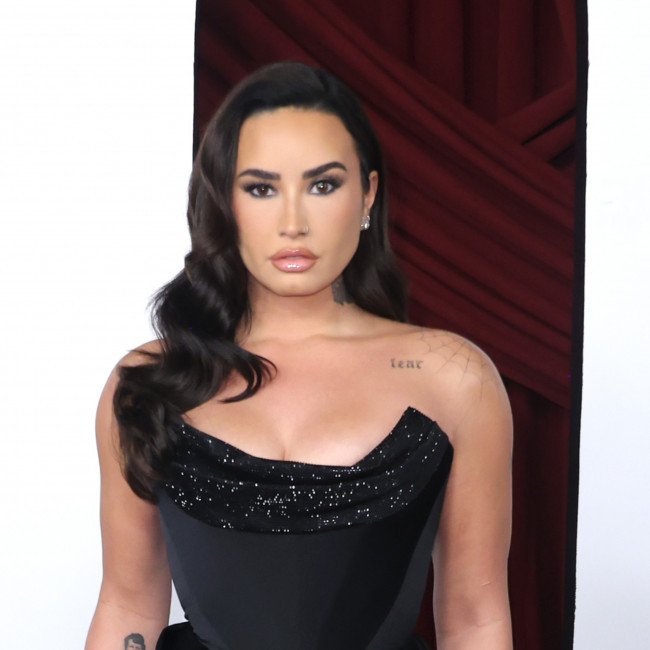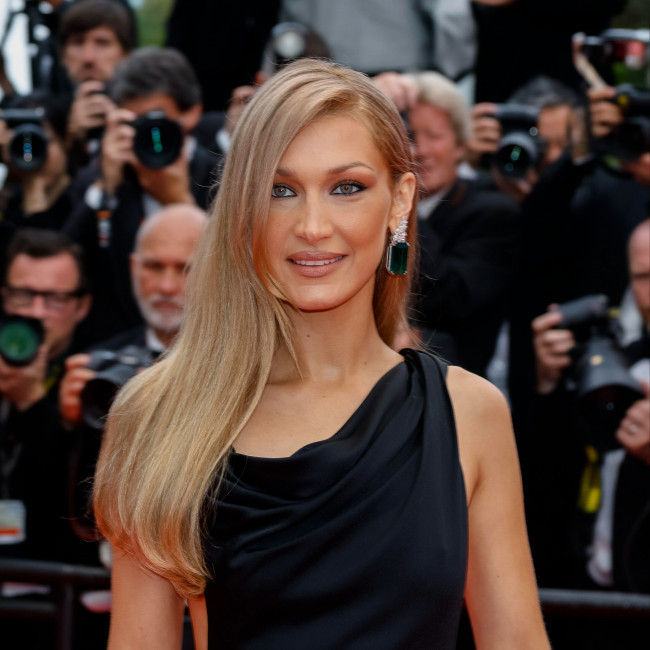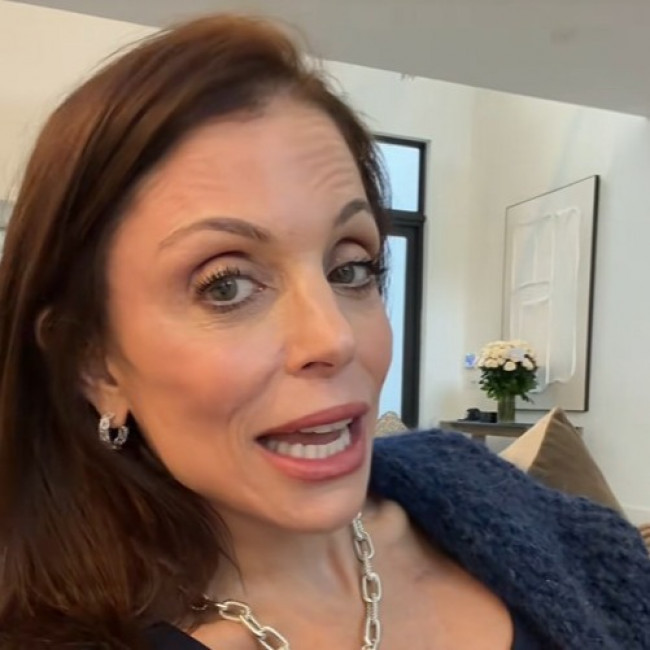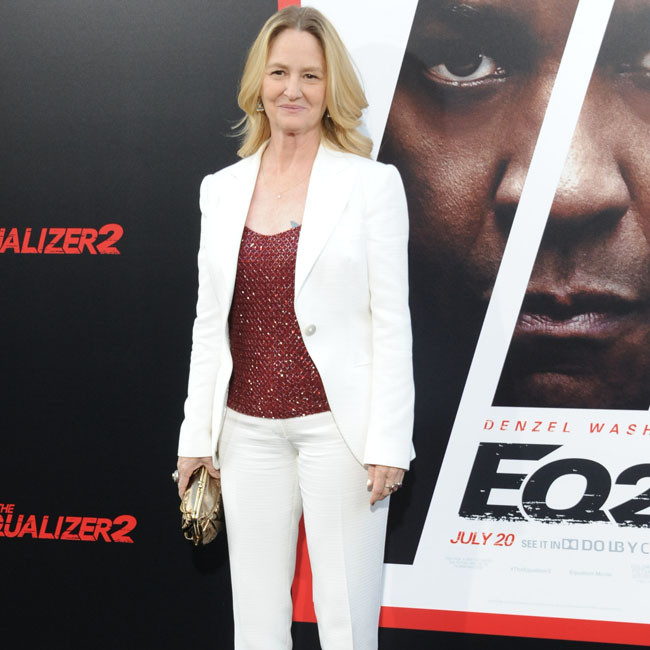Demi Lovato has thrown her support behind the transgender and non-binary community, and insisted “we will get thru this”.
Demi Lovato has sent a heartfelt message of support to the transgender and non-binary community.
The 32-year-old singer – who has previously clarified why she had gone back to using she/her pronouns – has urged people to know that they are “not alone” after President Donald Trump ruled that the United States will only recognise male and female sexes.
She wrote on her Instagram Story: “If you are trans or non-binary like me, please know that I see you, I feel you, I am with you, you are validated, you are loved and you are not alone.
“No one can take away our identities and no one can tell us who we are or aren’t. We will get thru this. I love you.”
Under Trump’s order, ID documents like passports and visas must be based on “an individual’s immutable biological classification as either male or female”, while officials must use the term “sex” instead of “gender”.
Demi came out as non-binary in May 2021, and in the summer of 2022 she announced she had returned to she/her pronouns after finding the conversations around her gender fluidity “exhausting”.
She told GQ Hype Spain magazine: “I constantly had to educate people and explain why I identified with those pronouns. It was absolutely exhausting.
“I just got tired. But for that very reason I know that it is important to continue spreading the word.”
She noted her struggles using gender-assigned bathrooms as she called for more gender neutral spaces.
She added: “I face this every day. For example, in public toilets. Having to access the women’s bathroom, even though I don’t completely identify with it.
“Or it also happens when filling out forms, such as government documents or any other where you have to specify your gender. You only have two options, male and female, and I feel like none of that makes sense to me.”
She also noted how she had been “feeling more feminine”, which also prompted her decision to return to she/her pronouns.
In August 2022, she told the ‘Spoud Podcast’: “I didn’t necessarily feel like a woman. I didn’t feel like a man. I just felt like a human.
“And that’s what they/them is about. For me, it’s just about like feeling human at your core.
“Recently I’ve been feeling more feminine, and so I’ve adopted she/her again.
“But I think what’s important is, like, nobody’s perfect. Everyone messes up pronouns at some point, and especially when people are learning, it’s just all about respect.”
Demi Lovato tells transgender and non-binary community ‘you are not alone’









